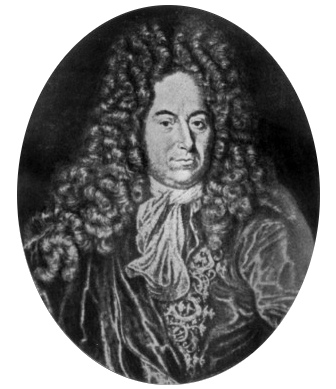Rømer's determination of the speed of light was the demonstration in 1676 that light has a finite speed, and so does not travel instantaneously. The discovery is usually attributed to Danish astronomer Ole Rømer (1644–1710),[note 1] who was working at the Royal Observatory in Paris at the time.
By timing the eclipses of the Jupiter moon Io, Rømer estimated that light would take about 22 minutes to travel a distance equal to the diameter of Earth's orbit around the Sun. This would give light a velocity of about 220,000 kilometres per second, about 26% lower than the true value of 299,792 km/s.
Rømer's theory was controversial at the time he announced it, and he never convinced the director of the Paris Observatory, Giovanni Domenico Cassini, to fully accept it. However, it quickly gained support among other natural philosophers of the period, such as Christiaan Huygens and Isaac Newton. It was finally confirmed nearly two decades after Rømer's death, with the explanation in 1729 of stellar aberration by the English astronomer James Bradley.
To continue reading the article click on the link below:
https://en.wikipedia.org/wiki/R%C3%B8mer%27s_determination_of_the_speed_of_light


إرسال تعليق